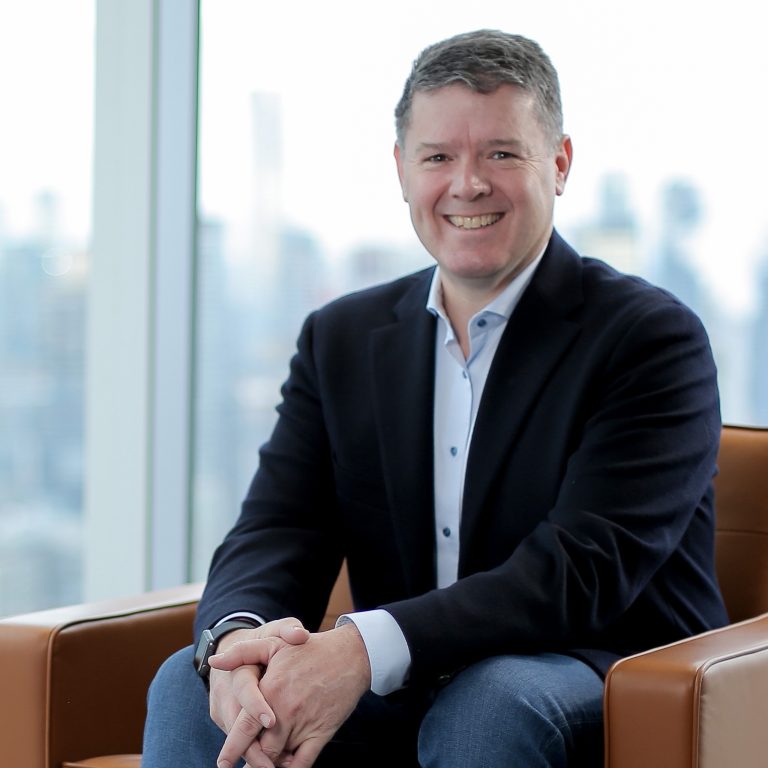EY: Talent shortages top CEOs’ 2023 agenda
Despite a looming recession.
Why You Should Care
EY has surveyed 1,200 CEOs for its 2023 Outlook Report.
A recession and geopolitics are among CEOs' main concerns this year.
But talent is also up there. Find out the answer.
HR leaders, don’t miss out: Join us in Las Vegas for free as a VIP guest at UNLEASH America.
The world is on the verge of another global financial crisis. In fact, a recession has already been declared in the UK; the European Union and the US are not far behind.
In this context, it is no surprise that economic challenges are top of mind for organizations. EY’s 2023 CEO Outlook, which surveys 1,200 CEOs from across the world, found that 98% expect an economic downturn this year, with 55% believing the recession will be worse than the 2008 financial crisis.
It is therefore no surprise that the economy (32%), inflation (31%), and the regionalization of the global economy (30%) (amidst geo-political uncertainty linked with the war in Ukraine and changing political relations with China) are among the biggest risks to business growth that CEOs identified for 2023.
However, EY’s report also found that 30% of CEOs see the scarcity and cost of talent with the right skills as a major risk to their business this year (and beyond).
How to tackle talent risks
Given the seriousness with which organizations are thinking about labor challenges, it is promising to see talent as an area that CEOs are leaning into and increasing investment in 2023.
This is in sharp contrast to a 2022 survey of US CEOs by EY, where digital transformation and sustainability outranked talent in leaders’ priority list.
36% of CEOs told EY they were strengthening their talent focus, including around wellbeing and skills.
The question remains, particularly organizations as are also thinking carefully about managing costs, where should employers focus their investments on talent this year?
Trent Henry, EY’s global vice-chair of talent, tells UNLEASH: “ The overall labor market remains very tight” – therefore, CEOs need to strike the right “balance between managing costs and preserving investments in talent”.
Henry adds: “When considering opportunities presented by a turbulent talent climate, CEOs need to think beyond short-term solutions”, and instead future proof their organization.
Organizations need to look more long-term and shift away from “only focusing on attracting external talent”, and instead look more at “retention and recruitment from within”. To do this, employers need to rethink their strategies around employee experience and skills, according to Henry.

Trent Henry, EY’s global vice-chair of talent.
The good news is that CEOs are on board; just 13% disagreed with the need to shift from recruitment to retention and upskilling.
“We actually found that the number of CEOs focusing on managing talent costs is not only matched but outnumbered by those focusing on key ways to retain talent and find the skills they need for the future,” states Henry.
In some organizations, this shift away from recruitment and towards retention has come to life in hiring freezes and job cuts.
Layoffs at the world’s biggest tech companies like Salesforce, Google and Microsoft have dominated headlines in 2023 so far.
But EY’s report found that only 36% of CEOs are considering a restructuring or reduction of the workforce (with 23% looking at hiring freezes).
Instead, many CEOs (57%) see their competitors doing layoffs as an “opportunity” for them and their organization to attract and retain talent.
Creativity is key in the future of work
Beyond employee experience and skills, CEOs (70%) are also aware of the need to think carefully about their future of working model to attract and retain employees in 2023 and beyond.
While employers have been thinking about making work more “agile, digital and people-centered” before the pandemic, “COVID-19 has significantly accelerated that journey for all organizations on a scale they didn’t dream about 12 months ago,” notes Henry.
He adds: “Companies are actively taking this opportunity to transform their organizations with customers and employees at the center of their efforts”.
Yes, this must include thinking about flexibility about where and when people work, but Henry challenges employers and CEOs to think more broadly and remember one size doesn’t fit all.
It is time for employers to think about implementing flexible rewards and flexible career paths, and also whether they can embrace personalized communication to further create a culture of trust, connection and productivity.
Ultimately, organizations that “are putting in place new organizational models that drive a combination of agility, growth and efficiency” will be well placed to adapt to opportunities and challenges in the future, particularly around the labor market, concludes Henry.
The International Festival of HR is back! Discover amazing speakers at UNLEASH America on 26-27 April 2023.
Sign up to the UNLEASH Newsletter
Get the Editor’s picks of the week delivered straight to your inbox!

Chief Reporter, UNLEASH
Allie is an award-winning business journalist and can be reached at alexandra@unleash.ai.
Contact Us
"*" indicates required fields
Partner with UNLEASH
"*" indicates required fields